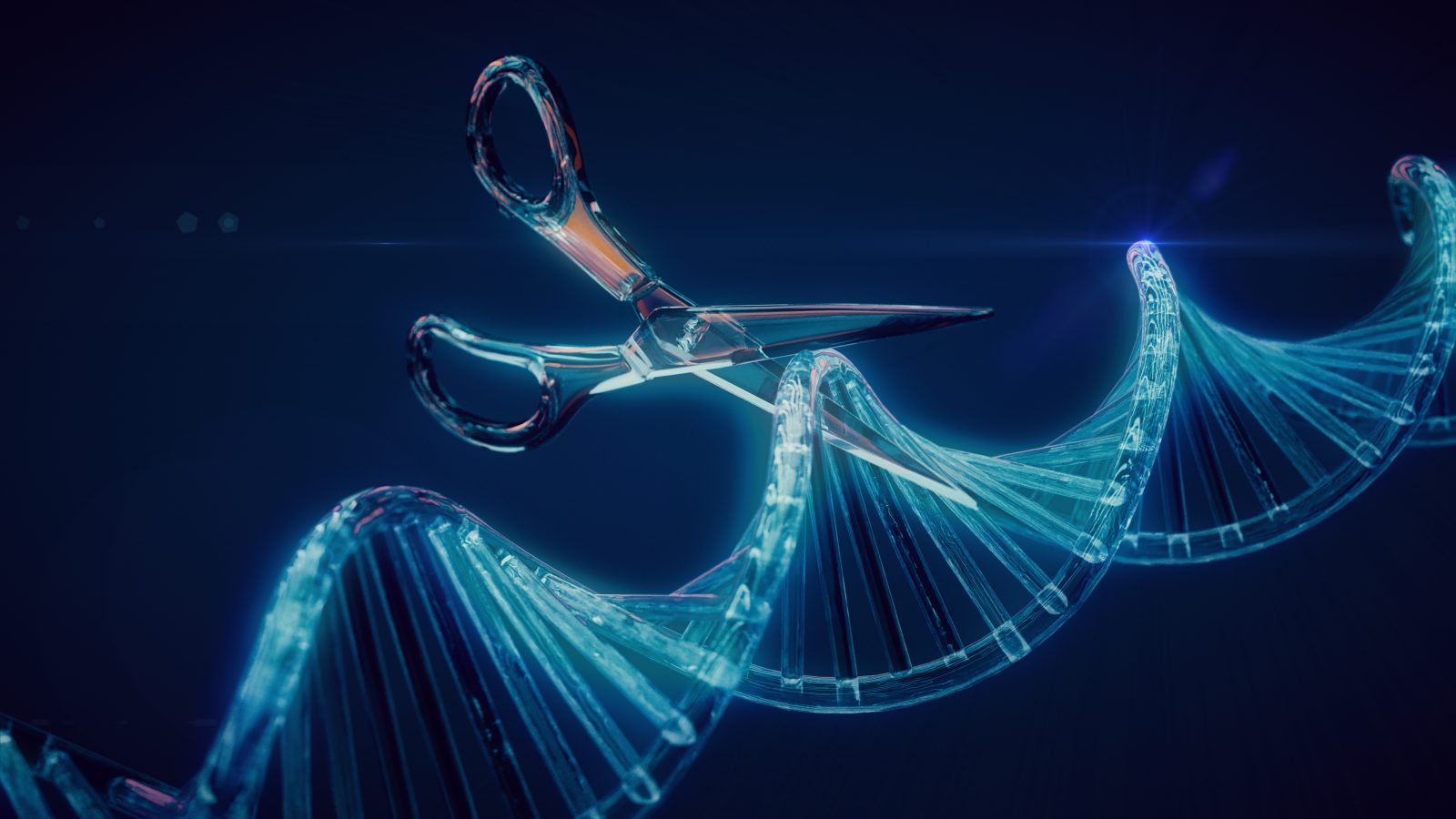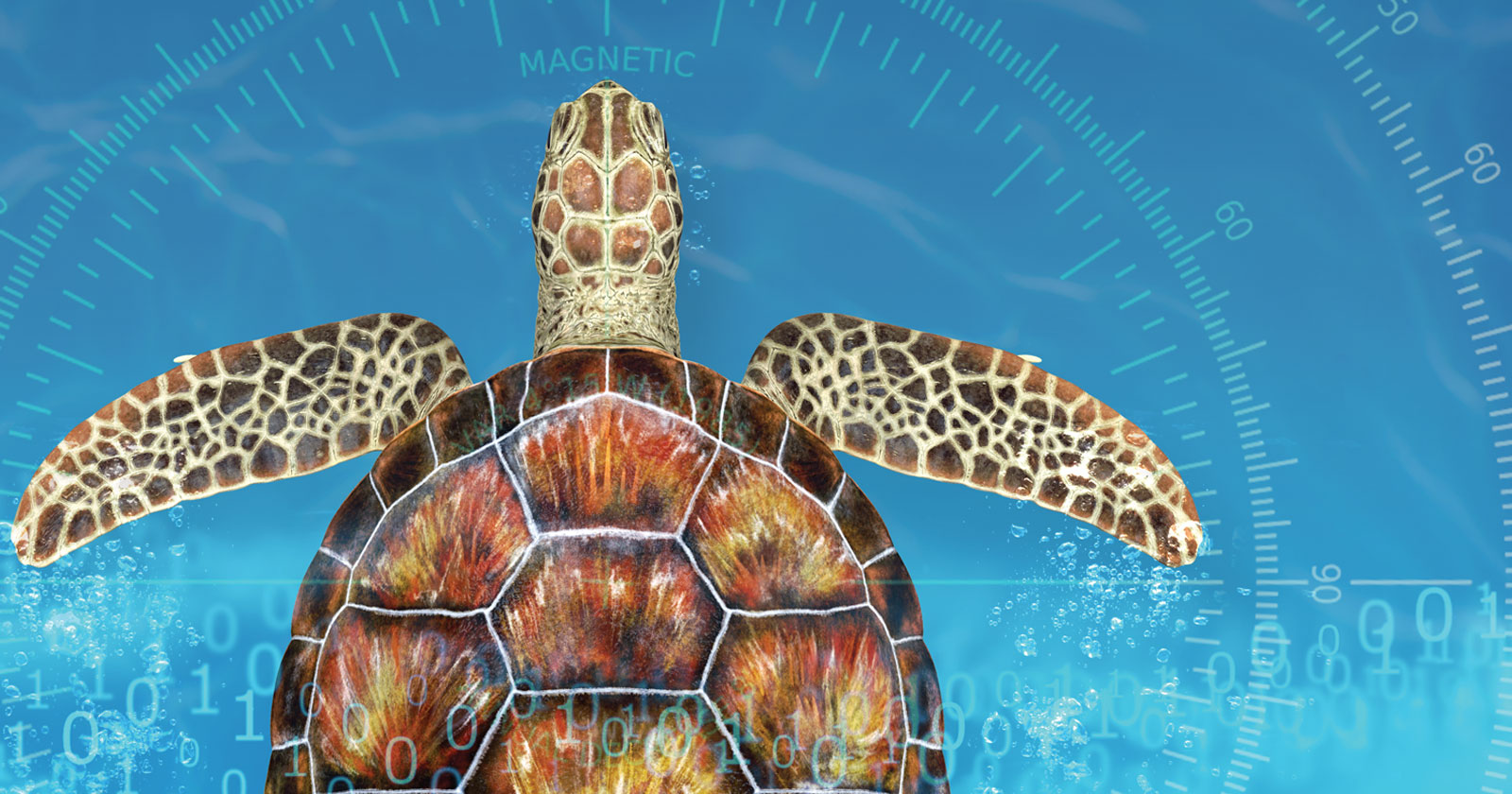


Wesley J. Smith Sounds the Alarm on Germline Genetic Editing
On today’s ID the Future, bioethicist Wesley J. Smith makes the case for passionate opposition to, and stricter bioethical regulations against germline genetic engineering that changes not only the genetics of the subject but also of all that subject’s descendants. He and episode host Casey Luskin discuss germline genetic editing in China, the brouhaha that ensued when the experimental work by He Jiankui came to light, and why Smith is convinced that China’s disapproving response is less than it appears on the surface. He’s convinced, he explains, that the Chinese government wasn’t upset that the Chinese scientist conducted the experiment. They surely knew about his work and allowed it, Smith says. Rather, they and the scientific establishment internationally were upset that Jiankui went public before the public had been softened up to embrace germline genetic editing with lots of talk about how it will save lives. Smith argues the health benefits being pursued can be achieved without permanently altering the germlines, and he warns of a brave new world of eugenics pursued using CRISPR technology and germline editing. As he explains, it’s not just that germline editing could lead to unintended health consequences, or that such changes could work their way into the human population long term. It’s also that the eugenics mindset driving much of this experimental work threatens to undermine the foundational belief that all humans possess inherent dignity and worth, not just those humans who are genetically edited and enhanced. The occasion for the conversation is Smith’s bioethics chapter in the recently released anthology from Harvest House Publishers, The Comprehensive Guide to Science and Faith.

Animal Algorithms Webinar Pt. 2: Author Q&A
Today’s ID the Future is Part 2 of a recent live webinar with Eric Cassell fielding questions about his new book, Animal Algorithms: Evolution and the Mysterious Origin of Ingenious Instincts. He and host Casey Luskin explore the engineering wonders of web-spinning spiders and their extraordinary silk, and the challenge of transforming solitary insects into social insects (with their complex and interdependent caste systems) via a blind step-by-step evolutionary process, and the many thousands of genetic changes required. What does Cassell consider the best explanation? He invokes design theorist William Dembski’s work with No Free Lunch theorems to argue that blind processes are a no-go for explaining their origin. From there Luskin opens the webinar up to questions from the live audience. Have researchers tried to locate these algorithms in the DNA of the animals exhibiting complex programmed behaviors? Do any of the insects Cassell discusses use pheromones and, if so, how? What do biologists make of the apparently purposive nature of all these different kinds of complex programmed behaviors? Cassell fields these and other questions and says that more progress would be possible if not for the fact that so many scientists are infected with what he terms teleophobia — an unwillingness to recognize evidence of teleology and purpose in biology. Another question concerns examples of striking convergence among social insects and gifted animal navigators. Cassell argues that although the evolutionary community waves the term “convergent evolution” at such instances, they actually pose a powerful challenge to evolutionary theory.